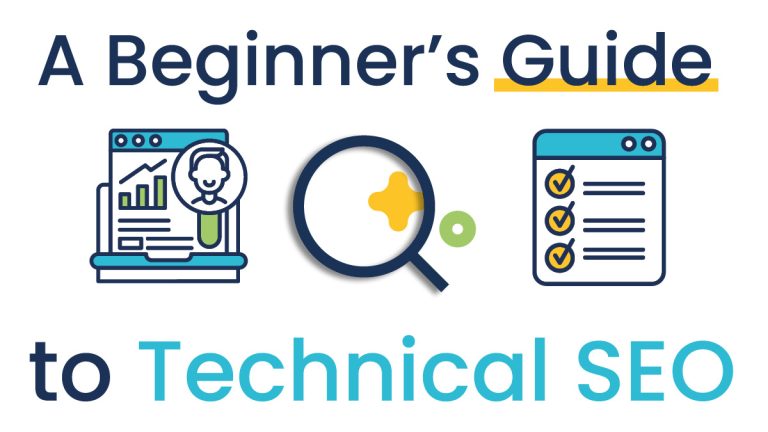Is your awesome write-up dying in the space of weeds? You have all your skills on deck and have given your very best while preparing your blog, article, or product description, only to find little or no audience. The problem? You’re not in tune with your audience. That’s the work of keyword research. It is almost like setting a GPS for your content, finding it in the right atmosphere and taking it straight to the audience that is looking for you.
This is definitely not another guide full of boring, technical jargons. Anyhow, we will break it down for you into easy pieces so that you can start drawing the right type of attention to your offering, a step above that would surely count toward visitor traffic, engagement, and success.
Why is Keyword Research Important, to Begin With?
Say you are looking for the best “chocolate-chip cookies near me.” You wouldn’t type in “delicious baked goods.” You’d use highly specific keywords to find what you want precisely. Your audience is doing the same thing. They go to Google for solutions to their problems, answers to their questions, and products they would like to buy. Keyword research will give you an overview of the words and expressions they are using for carrying out those searches, thereby enabling you to optimize your content for appearing in those searches.
Finding other online keyword secrets: A step-by-step procedure
Particularly, here are some beginner guidelines in attaining keyword research success:
- Know Your Niche (and Your Audience): Before even getting into thinking about keywords, understand the area of interest and the audience that you seek to target. What are the interests, pain points, needs? The more you know about your audience, the better it’ll be for you to anticipate their searches.
- Go Brainstorm Full-Volume: Get a sheet of paper (or your favorite digital equivalent) and start writing down words and phrases that are relevant to your niche. Consider the kinds of phrases for which people might search that refer directly or indirectly to your products or services. At this point, don’t dwell on it. Just let the ideas pour out.
- Explore the Keyword Universe: Now it’s time to bring in some powerful tools. These resources can help you uncover even more keyword ideas and analyze their search volume and competition:
- Google Autocompletes: Type out a query in Google and see what pops up. This is a well of long-tails.
- Google Keyword Planner: This free tool (you’ll need a Google Ads account) lets you check search volume, showing what’s in demand, competition for the keywords, and some related terms.
- Other Keyword Research Tools: Well, there are many other tools available: some are free, others paid.
4. Different Types of Keywords: Not every keyword is estimated with the same value; here is a quick analysis:
- Short-tail keywords: Broad, general terms (such as “shoes”). These have high search volume but very competitive.
- Mid-tail keywords: More specific (like, “running shoes”). These provide a good balance between searches and competition.
- Long-tail keywords: Very specific phrases (like, “best running shoes for women with flat feet”). These have low search volume, are less competitive, and often have higher conversion rates.
5. Competitor Analysis: When you have an idea of your possible keywords, check who already holds rank for them. What kind of content are they creating? This little excursion gives you insight into what it takes to rank well.
6. Choosing the Right Keywords: Do not go for the keyword with the highest volume. Consider:
- Relevance: Are the keywords relevant to your content and offerings?
- Search volume: Will people search for those words enough?
- Competition: Will you realistically be able to compete with the sites already ranking for these keywords?
- Intent: What do people search when they type these keywords? Make sure your content corresponds with their intent.
7. Using Keywords Naturally: Once you have settled on keywords, integrate them into your content organically. Do not engage in keyword stuffing. Actually, develop a coherent piece of high-quality content that resolves the search intent of the user.
Beyond just the basic: Tips on the mastery of keywords
- Think like your audience: Get into their shoes and consider what you would be searching for.
- Vary your keyword types: Target a mix that includes short-tail keywords, mid-tail keywords, and long-tail keywords.
- Stay updated: Keyword trends change over time, so it’s necessary to frequently review and update your keyword strategy.
- Keep track of your results: Monitor your website traffic and keyword rankings to see what keywords are performing sufficiently.
Conducting keyword research is a never-ending process; nonetheless, after a successful completion and understanding of the above suggestions, you can get a keen insight into search-based engagements that will connect you with your target audience. So, stop guessing and start speaking their language, since they will thank you for doing this with your content and your business!



